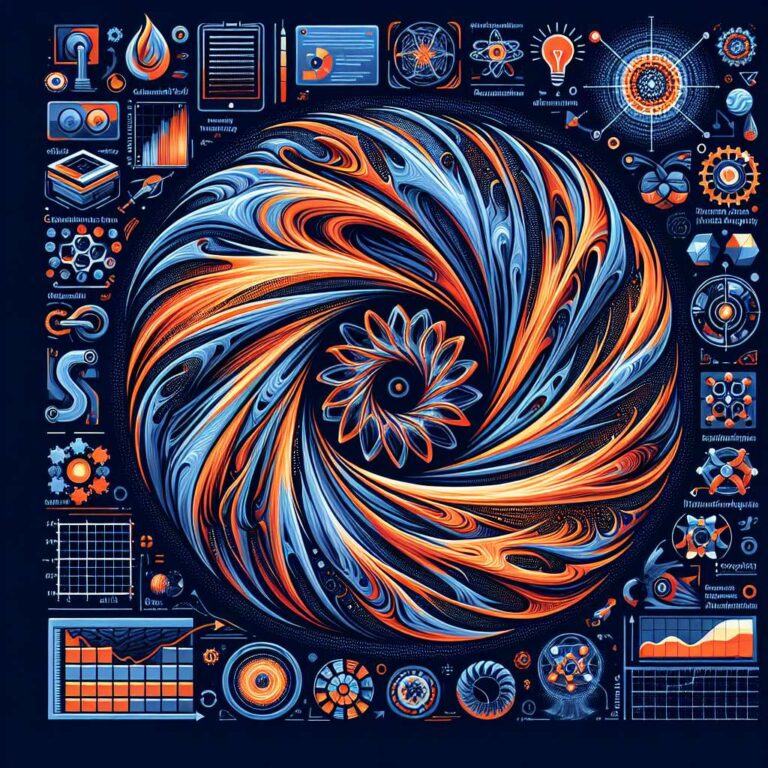Dr. John Abraham, a professor of thermal sciences at the University of St. Thomas, is at the center of a significant new contribution to the intersection of artificial intelligence and engineering. Abraham has co-produced and edited the newly published book ´Artificial Intelligence in Heat Transfer,´ which serves as the sixth volume in a respected series on numerical heat transfer. This work brings together top international experts to highlight how artificial intelligence is rapidly transforming methodologies, research, and industry practices within the thermal sciences.
The book addresses a spectrum of emergent techniques, including neural network models, multi-objective optimization, deep learning algorithms, and physics-informed machine learning. According to the publisher, the volume is structured as a vital reference for upper-level undergraduate students, researchers, engineers, and working professionals. It aims to provide foundational understanding and actionable insights, empowering readers to innovate and expand the limits of thermal science through artificial intelligence-enabled tools and approaches.
By curating cutting-edge research and establishing best practices, ´Artificial Intelligence in Heat Transfer´ stands as both a guide and an inspiration for those navigating the hybrid space between computational intelligence and engineering applications. The book´s release comes amid rapid adoption of artificial intelligence across scientific disciplines, demonstrating how the technology is moving from theoretical promise to practical revolution in fields previously anchored in traditional modeling and simulation. Abraham´s role as a co-editor underscores the University of St. Thomas´s engagement with cross-disciplinary innovation and its commitment to fostering expertise at the nexus of artificial intelligence and applied science.

